A Dramatic Introduction to Metamodernism and the Philosophy of Hanzi Freinacht
| Jun 10 |
Mon 10th Jun 2024
1pm – Fri 14th Jun 2024, 3:30pm EDT (UTC -04:00)
|
|
|
Online |
|
|
https://dandelion.events/e/a-dramatic-introduction-to-metamodernism |
| Hosted by |
 Metamoderna
Metamoderna
|
| Facilitators | |
| Attending |
20+ people
|
| Enquiries to | emil@metamoderna.org |
| Add to calendar | Google · ICS |
| QR code |
|
A week-long introduction to metamodernism with Hanzi Freinacht, Emil Ejner Friis and Daniel Görtz
Metamodernism? The philosophy and culture emerging at the social singularity where hackers, hippies, and hipsters meet and co-create. Stakes rise, potentials abound, but so do risks and pitfalls of this new cultural and economic landscape. Metamodernism marries critical thinking and ethical commitment to inner work and adult development, offering a framework for seeing what’s going on: for surviving, contributing, and maybe even thriving in worlds being born.
Wonder what the hype is all about, but not in the mood for slogging through dense bricks full of highbrow parlance? Then this course is for you.
In a compact and to-the-point fashion, Daniel and Emil present the basic concepts you need to know to take part in this wide and complex movement. This course is for anyone interested in getting a comprehensive introduction to metamodernism. You will finish the course understanding the relevance of stage theory, know how to distinguish metamodernism from postmodernism and integral theory, and how to apply the metamodern way of thinking to your life.
The metamodern sensibility is one of sincere irony, of very serious playfulness – necessary to stay sane at the crossroads of fact and fiction. In that spirit, we invite you.
Schedule (sessions 19:00 – 21:30 CEST):
- Monday: What Metamodernism Is, and What It’s Not
- The Six Different “Metamodernisms”, and why it’s important to know the difference
- The Difference Between Postmodernism and Metamodernism (and why most people can’t tell them apart)
- The Difference Between Metamodernism and Integral Theory (and why you should care)
- Tuesday: Stage Theories
- Development, why it’s real (and how it’s real) and why it’s important
- Why we should use stage theories, and why they aren’t evil
- A very brief introduction to: Jean Piaget, Spiral Dynamics, Ken Wilber, Robert Kegan, Michael Common’s Model of Hierarchical complexity
- How stage theories drive people crazy and actually make them evil
- A better use of stage theories, and how not to be a jerk around them
- Why everyone’s a closet stage theorist (often without knowing it)
- Wednesday: Hanzi Freinacht’s The Listening Society
- Too long didn’t read? No problem, we got you covered.
- Hipsters, Hackers, Hippies, and the Metamodern Aristocracy
- The four dimensions of psychological developments and how it adds up to the effective value meme
- Thursday: Hanzi Freinach’s Nordic Ideology
- Too long didn’t read? No problem, once again we got you covered
- The six forms of metamodern politics
- How order, freedom, and equality evolve
- Friday: Are You Metamodern?
- How to spot metamodernism, and where to look
- And more importantly, how to spot a metamodernist and where to find them
- The tricky task of telling postmodernism and metamodernism apart
- What the metamodern mind can do that the postmodern cannot
- The things most people misunderstand about metamodernism
- How to not be like most people
We look forward to sharing the metamodern code with you, to contribute to your cultural capital, and to engage in the playfulness that our world so seriously needs.
Your hosts

Daniel Görtz (b. 1983) has a Ph.D. in Sociology and has previously taught at the University of Lund in Sweden (social psychology, research methodology, criminology). During his conventional career, he was a police ethnographer who rode police cars all through the night and discussed matters of work, life, and racial profiling with open-hearted officers. Since those days, Daniel has moved into a chalet (with a Jacuzzi) in the Alps to write and philosophize alone, been part of the Berlin metamodernist scene, and worked as an in-house tech philosopher.
He remains a renegade scholar who lives and breathes ideas, research, teaching, and learning at the hinterlands of our times.

Emil Ejner Friis (b. 1981) is a theory artist and a teacher of metamodernism, he is a co-founder of Metamoderna and one of the writers behind Hanzi Freinacht. He has spent the last ten years trying to figure out how to create a listening society, a kinder and more developed society that deeply cares for the happiness and emotional needs of every citizen.
He has tried and failed at creating a metamodern political party, he has tried and failed at creating a metamodern IT company, and he has just plainly failed at ever finishing his not-so-metamodern university studies by being drawn to all kinds of adventures to try and save the world instead. For the past year, he’s been living on a remote tropical island where he has been swimming with dogs.
When he’s not writing and theorizing, he’s conspiring with other metamodernly inclined hackers, hipsters, and hippies to outcompete modern society. To pay the rent he sells words, all the best words.
Emil is a skilled and experienced speaker with a reputation of being entertaining and good at making complex ideas easier to digest.
Select tickets
This event started over 1 year ago



